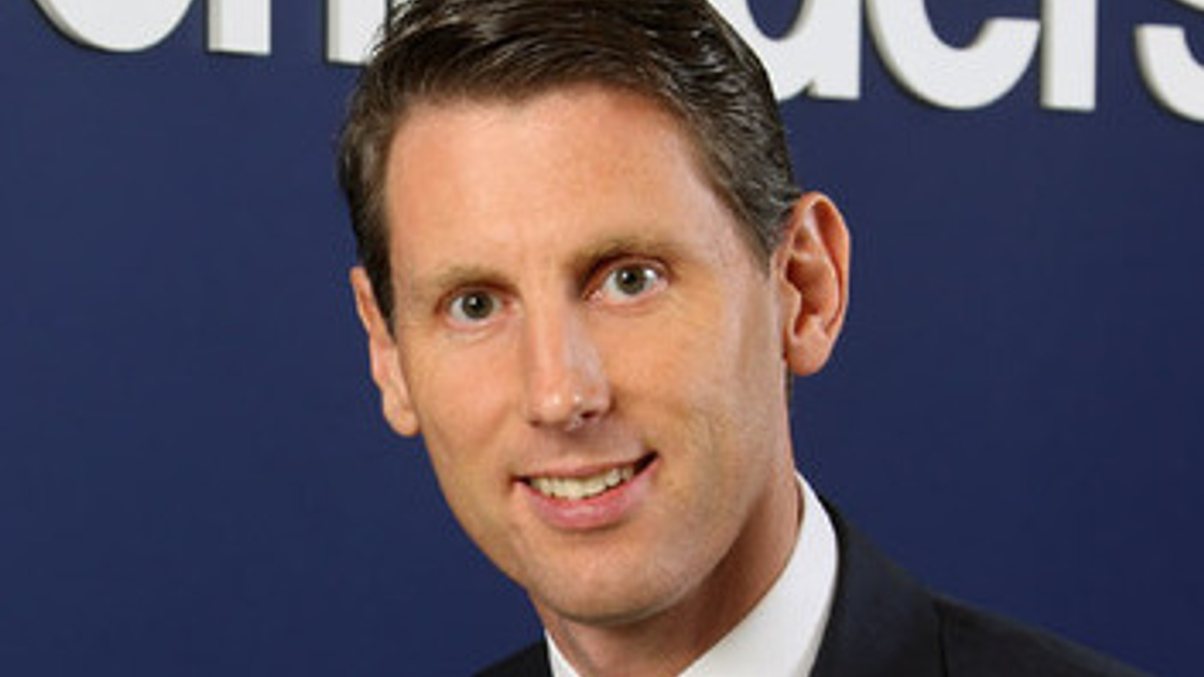ETFs a major threat to active managers, warns Schroders
Schroders' Asia distribution head says the challenge in the market is not banks versus non-banks, but rather active versus passive. He has called on active managers to find a way to continue to be relevant.

Passive products are the biggest challenge facing the funds industry, according to Schroder Investment Management’s Asia distribution head.
Sign in to read on!
Registered users get 2 free articles in 30 days.
Subscribers have full unlimited access to AsianInvestor
Not signed up? New users get 2 free articles per month, plus a 7-day unlimited free trial.
¬ Haymarket Media Limited. All rights reserved.


